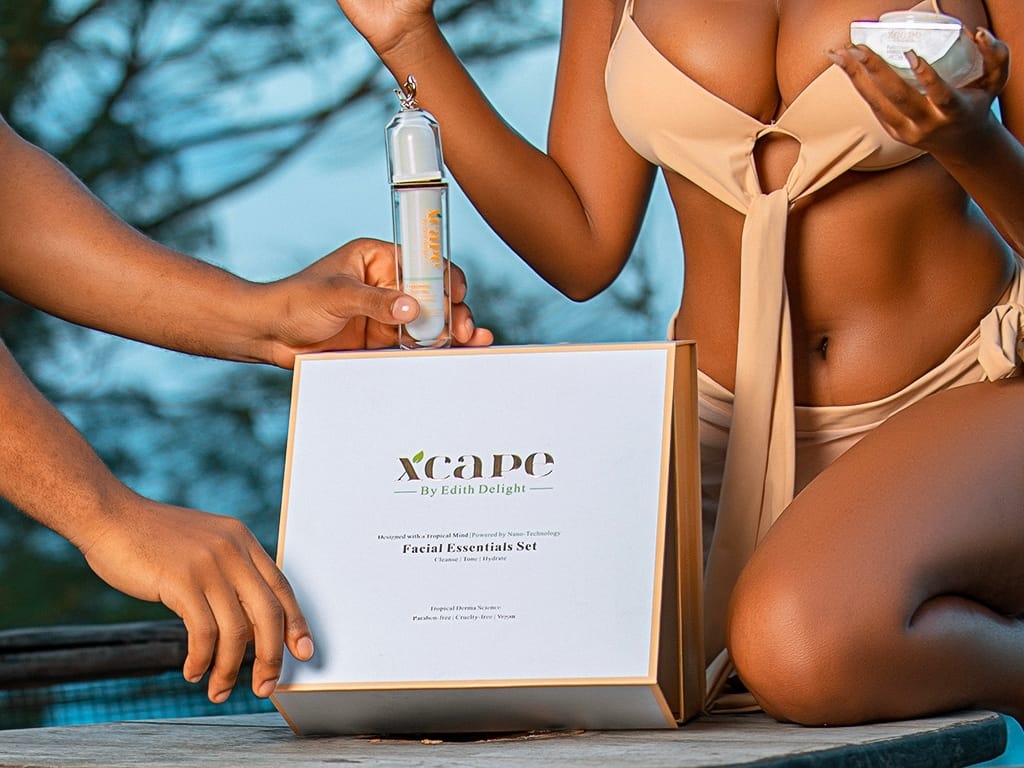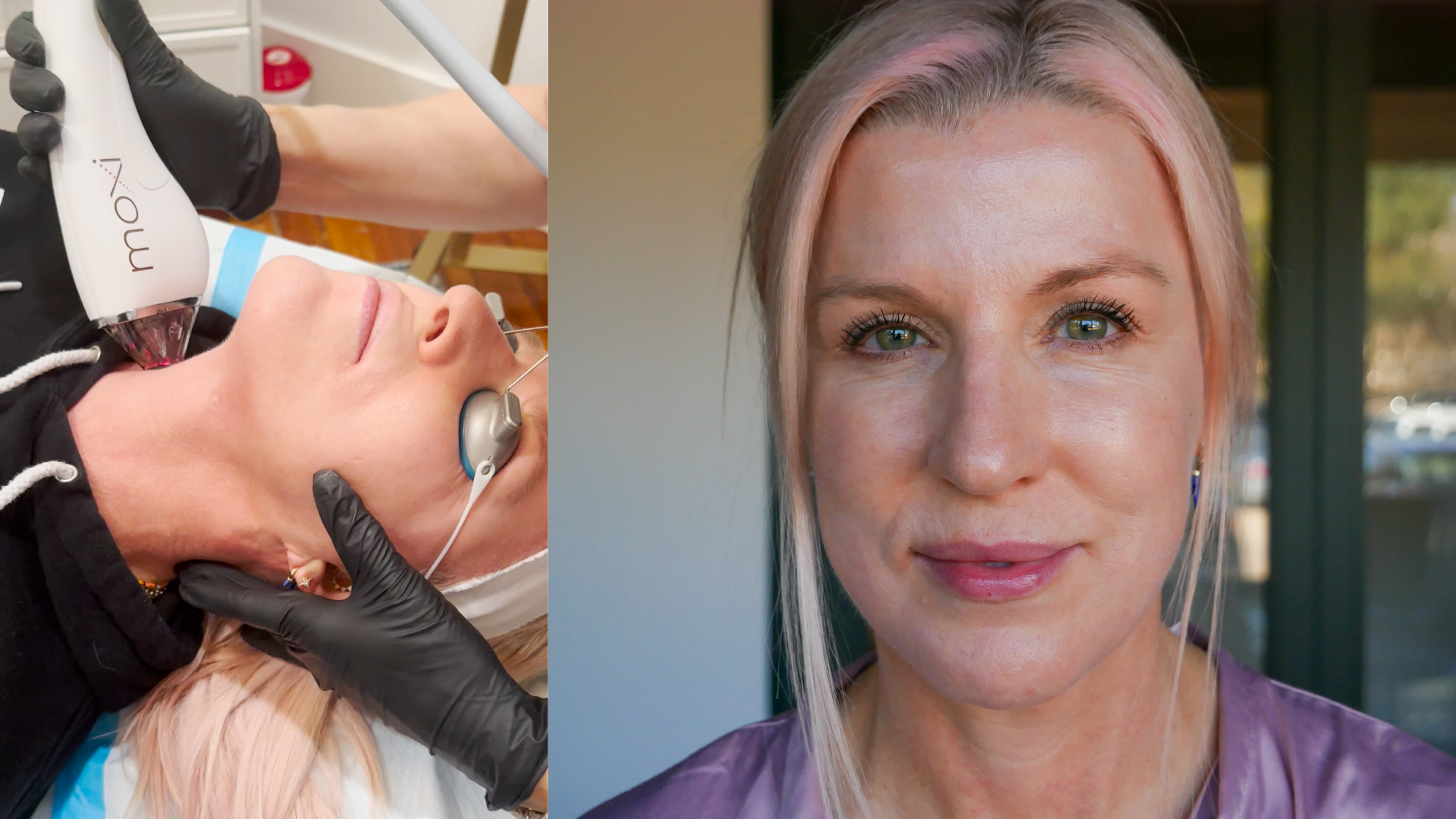Secukinumab (Cosentyx):
Secukinumab is an interleukin-17A (IL-17A) inhibitor, initially developed and approved for the treatment of moderate to severe plaque psoriasis. It was later approved for psoriatic arthritis and ankylosing spondylitis.
- Key Studies: The ongoing SAHARA study, a Phase 3 trial, is investigating the efficacy of Secukinumab in HS patients. Preliminary results suggest a reduction in inflammatory nodules, though full results are pending. In an open-label study by Hofmann et al. in 2018, nine patients with severe HS were treated with Secukinumab, and 67% of patients showed clinical improvement in HS symptoms.
- Conclusion: While Secukinumab has shown potential in treating HS, particularly in reducing inflammatory nodules, further research is necessary to confirm its efficacy. The ongoing SAHARA study may provide more definitive answers in the future.
- Anakinra (Kineret):
Anakinra is an interleukin-1 (IL-1) receptor antagonist, originally developed for the treatment of rheumatoid arthritis. It is also used for certain autoinflammatory syndromes, such as neonatal-onset multisystem inflammatory disease (NOMID).
- Key Studies: Anakinra has shown effectiveness in reducing inflammation and pain in HS patients. In a randomized, double-blind, placebo-controlled study by Tzanetakou et al. in 2016, 20 patients with moderate to severe HS were randomized to receive either Anakinra or placebo. The results showed that 78.9% of patients treated with Anakinra showed a significant reduction in disease activity, compared to 30% in the placebo group. Additionally, a pilot study by van der Zee et al. in 2010 involved six patients with severe HS treated with Anakinra (100 mg daily). All six patients achieved partial or complete remission, with significant reductions in pain and inflammatory nodules.
Conclusion: Anakinra is a promising treatment for HS, particularly for those with severe or refractory disease. Its success rates range from 79% to 100% in small studies, making it a valuable option for patients who have not responded to other therapies.
Anakinra (Kineret):
Anakinra is an interleukin-1 (IL-1) receptor antagonist, originally developed for the treatment of rheumatoid arthritis. It is also used for certain autoinflammatory syndromes, such as neonatal-onset multisystem inflammatory disease (NOMID).
- Key Studies: Anakinra has shown effectiveness in reducing inflammation and pain in HS patients. In a randomized, double-blind, placebo-controlled study by Tzanetakou et al. in 2016, 20 patients with moderate to severe HS were randomized to receive either Anakinra or placebo. The results showed that 78.9% of patients treated with Anakinra showed a significant reduction in disease activity, compared to 30% in the placebo group. Additionally, a pilot study by van der Zee et al. in 2010 involved six patients with severe HS treated with Anakinra (100 mg daily). All six patients achieved partial or complete remission, with significant reductions in pain and inflammatory nodules.
- Conlusion: Anakinra is a promising treatment for HS, particularly for those with severe or refractory disease. Its success rates range from 79% to 100% in small studies, making it a valuable option for patients who have not responded to other therapies.
Biologic therapies such as Adalimumab, Infliximab, Ustekinumab, Secukinumab, and Anakinra represent a significant advancement in the treatment of Hidradenitis Suppurativa. These biologics have shown varying degrees of success in clinical trials, offering hope to patients who struggle with this challenging condition. While these treatments are promising, ongoing research is essential to fully establish their efficacy and safety in broader patient populations. As the understanding of HS continues to evolve, biologic therapies may become an even more integral part of managing this complex condition.







